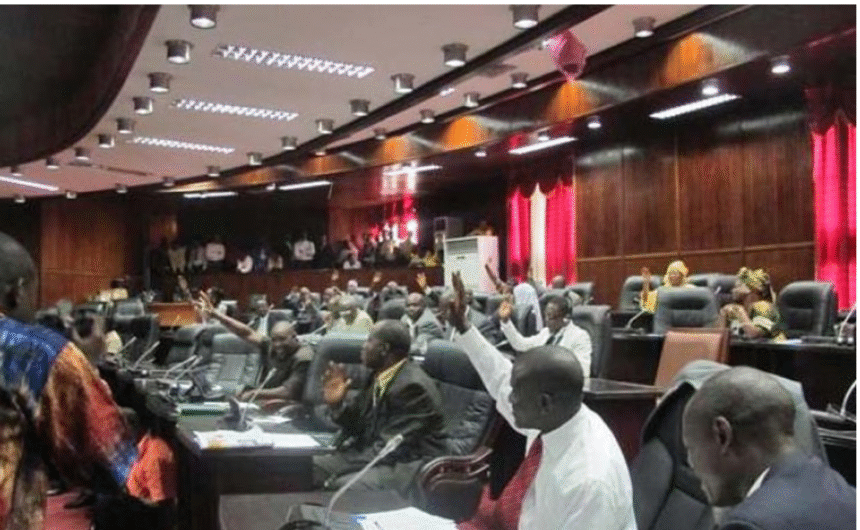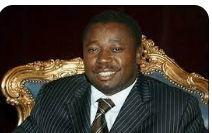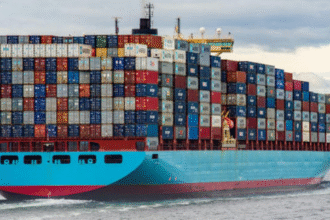By Sara Camara
Monrovia, Liberia – Prominent policy and programme specialist and former U.S. State of Maryland Labor Market Information and Analysis Administrator Jones N. Williams has issued a strong call to the Liberian government, urging a decisive shift in focus towards driving economic growth, fostering private sector employment, and embracing technological advancement. Williams contends that Liberia, largely buckle down by legislative showmanship, has become overly reliant on political rhetoric and government-centric solutions, hindering crucial economic and social progress.
“Liberia and many Liberians have become too political and government-centric, weakening economic and social advancement,” stated Williams, a U.S.-trained public policy specialist and former State Administrator of the U.S. Bureau of Labor Statistics programs in Maryland. He emphasized the critical need for the government to actively prioritize and partner with the private sector, bringing business organizations and representatives to the forefront of national decision-making. “Government must prioritize and partner with the private sector and bring organizations representing businesses and the private sector to the table as well as get them involved and engaged in national affairs, including making them part of official state delegations to foreign nations and at international conferences.”
Williams underscored that sustainable economic growth and the desired national development can only be achieved through intentional structural economic and social reforms. He identified the private sector as the “center and gravity of job and wealth creation,” with the government acting as the “de facto facilitator.” Therefore, he advocates for a partnership where both entities are positioned as equal collaborators.
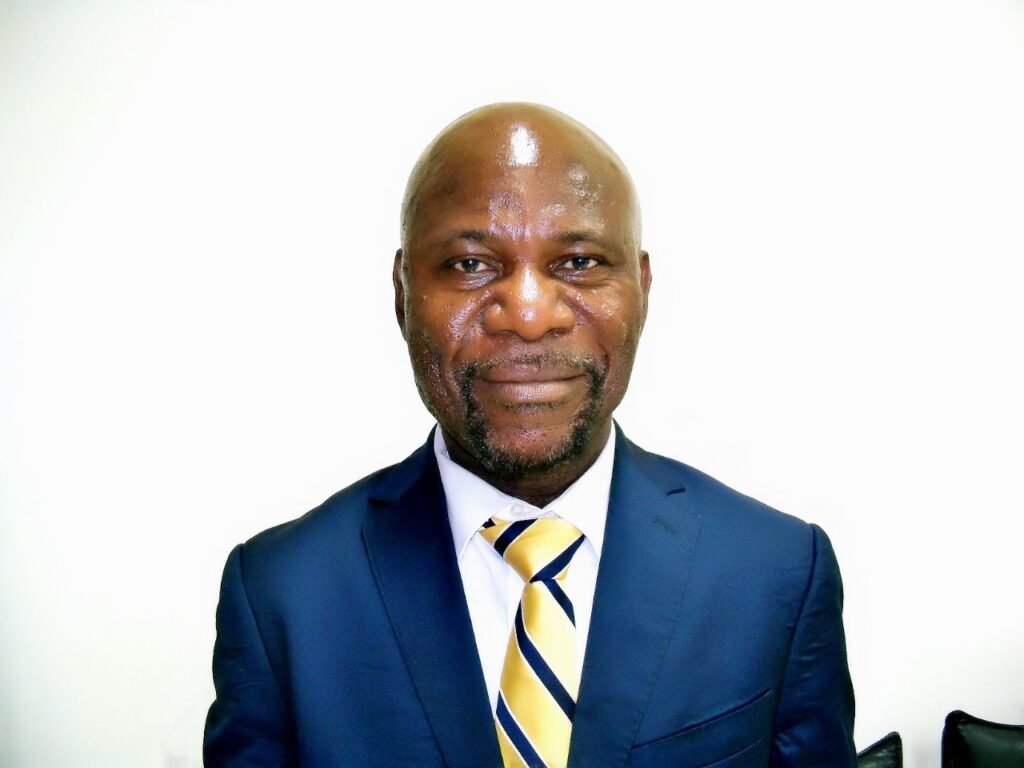
Addressing the nation’s youth, Williams encouraged a pivot towards technology, digital applications, innovation, and skill development. He expressed concern that young Liberians are often “mentored and paid by politicians to chant political slogans,” a practice he deems outdated in an era defined by Artificial Intelligence and knowledge-based economies that have dissolved traditional labor market barriers. “Young people and youth in Liberia need to be encouraged to emerge themselves in technology, digital applications, innovation and skill development,” he stated, highlighting the global nature of the current labor market where skill gaps transcend national borders.
To stimulate economic activity, Williams put forth several concrete recommendations for the government:
- Tariff Reductions: Williams advocates for reducing tariffs on critical and essential import and export products, arguing that this will generally promote economic growth, lower consumer prices, and encourage international trade and investment. He also called for the dismantling of “antiquated doctrines of monopoly on critical imported goods,” which he believes harm competition and burden consumers.
- Manufacturing and Investment Incentives: He urged the government to focus on manufacturing and encourage investors interested in local production. This includes reducing corporate taxes to attract foreign investment and granting permanent residency to eligible foreign investors, scientists, healthcare specialists, and highly skilled educators, particularly in STEM fields.
- Decentralized Manufacturing: To combat the concentration of industrial facilities in Monrovia, Williams proposed tax incentives and breaks for investors who establish manufacturing operations in rural Liberia.
- Presidential Workforce Development Board: Recognizing the existence of “substantial unemployment areas” across the country, Williams proposed the establishment of a presidential workforce development board. This board, composed of volunteer experts from both the public and private sectors, would be tasked with analyzing and proposing policies to drive business employment dynamics, local employment, and business growth nationwide.
“Industry innovation is crucial for economic growth, social development, and environmental sustainability,” Williams concluded. “It drives productivity, creates new jobs, and fosters the development of new products and services that improve living standards and address societal challenges.” He stressed that innovation is fundamental to building resilient infrastructure, promoting inclusive industrialization, and finding solutions to global challenges like climate change.
Williams said Liberia stands at a pivotal moment in its history, having demonstrably earned global respect for its maturing governance and a commitment to progress. This hard-won international standing, coupled with a robust foundation laid over years of dedicated effort, signals that the nation is now poised to leapfrog towards a future of sustained prosperity and tangible economic growth.
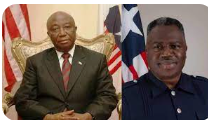
He stressed that the country’s elevated global standing under the leadership President Joseph Nyuma Boakai, Sr. and Vice President Jeremiah Kpan Koung is directly translating into increased opportunities for investment, trade, and development partnerships. International organizations and private sector actors are expressing greater confidence in Liberia’s potential, recognizing the nation’s strategic location, abundant natural resources, and, most importantly, its capable and evolving leadership.


